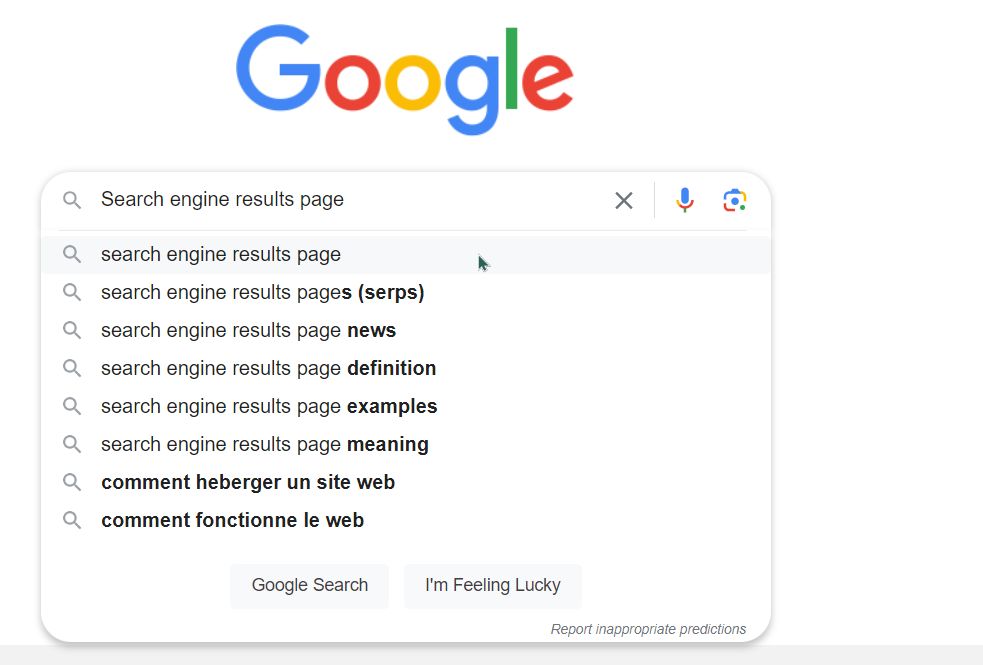Setting up a webshop in the Netherlands is a complex process that involves a number of different steps and considerations. In this article, we will explain what you need to do to set up a webshop in the Netherlands and provide some guidance on the key factors that you need to consider.
1. Registering your business
The first step in setting up a webshop in the Netherlands is to register your business with the Dutch Chamber of Commerce. This is a legal requirement for all businesses in the Netherlands, and it allows you to register for VAT and the VAT MOSS (mini One Stop Shop) system.

To register your business with the Dutch Chamber of Commerce, you will need to provide a range of information, including your company name, contact details, and details of your products or services. You will also need to choose a legal form for your business, such as a sole trader, partnership, or limited liability company.
2. Obtaining the necessary permits and licenses
Depending on the products or services that you are selling, you may need to obtain certain permits or licenses in order to operate a webshop in the Netherlands. For example, if you are selling alcohol or tobacco products, you will need to obtain a license from the Dutch Food and Consumer Product Safety Authority.
Other permits and licenses that you may need to obtain include a trade license, a food license, and a fire safety permit. You should check with your local authority to find out which permits and licenses you need to obtain in order to operate your webshop in the Netherlands.
3. Complying with Dutch laws and regulations
As a webshop owner in the Netherlands, you are subject to a range of Dutch laws and regulations that apply to e-commerce in the Netherlands. These laws and regulations cover a wide range of topics, including consumer protection, privacy, and tax.
For example, you must ensure that you are providing accurate and up-to-date information about your products and services, and that you are offering clear and transparent terms and conditions for your customers. You must also comply with Dutch laws and regulations on the protection of personal data, including the General Data Protection Regulation (GDPR).
4. Setting up payment and shipping options
Once you have registered your business and obtained the necessary permits and licenses, you will need to set up payment and shipping options for your webshop. This involves choosing a payment provider, such as PayPal or Stripe, and setting up accounts with shipping companies, such as PostNL or DHL.
In order to provide a good customer experience, it is important to offer a range of payment and shipping options that meet the needs of your customers. You should also provide clear and accurate information about your payment and shipping policies, including any fees or charges that apply.
5. Marketing your webshop
Once your webshop is set up and ready to go, you will need to start marketing your products and services to potential customers. This involves a range of activities, including search engine optimization (SEO, linkbuilding in the Netherlands), social media marketing, and email marketing.

In order to be successful, you will need to develop a clear marketing strategy that is based on your target audience, your products or services, and your competition. You should also monitor the performance of your marketing activities and make adjustments as necessary in order to improve your results.
6. Providing excellent customer service
Providing excellent customer service is an essential part of operating a successful webshop in the Netherlands. This involves responding to customer inquiries, concerns, and complaints in a timely and professional manner. To provide excellent customer service, you should have a dedicated customer service team that is trained to handle a range of different customer inquiries and concerns. You should also provide clear and up-to-date information on your webshop, including your contact details and your returns and refunds policy. Note that while most Dutch people speak English (95%), most will flinch from having to talk to someone with a heavy foreign accent they have a hard time understanding.
7. Staying Up to Date with Dutch e-commerce developments
The e-commerce landscape in the Netherlands is constantly changing, with new laws, regulations, and technologies being introduced on a regular basis. In order to stay competitive and successful, it is important to stay up-to-date with the latest developments in the Dutch e-commerce market.
You can do this by subscribing to e-commerce news and information websites, such as Emerce.nl, and attending e-commerce conferences and events. You can also join e-commerce associations and networks, such as the Dutch E-Commerce Association, in order to learn from other webshop owners and experts in the field.
8. Building partnerships and collaborations
Another important aspect of operating a webshop in the Netherlands is building partnerships and collaborations with other businesses, organizations, and individuals. This can help you to expand your customer base, increase your visibility and credibility, and develop new products and services.
For example, you can partner with other webshop owners in order to cross-promote each other’s products and services. You can also collaborate with bloggers, influencers, and content creators in order to reach new audiences and generate buzz about your webshop.
9. Investing in technology and innovation
In order to stay competitive and successful, it is important to invest in technology and innovation for your webshop. This can involve investing in new e-commerce platforms and systems, such as automated inventory management and personalization tools, in order to improve the customer experience and increase efficiency. It can also involve experimenting with new technologies, such as augmented reality and blockchain, in order to offer unique and innovative products and services.
Do many things correct all at once
In short, setting up a webshop in the Netherlands is a complex process that involves a range of different steps and considerations. By following the steps outlined in this article, and by staying up-to-date with the latest developments in the Dutch e-commerce market, you can increase your chances of success as a webshop owner in the Netherlands.
Need help with your Dutch SEO? Our webshop provides quality backlinks for the Netherlands.




